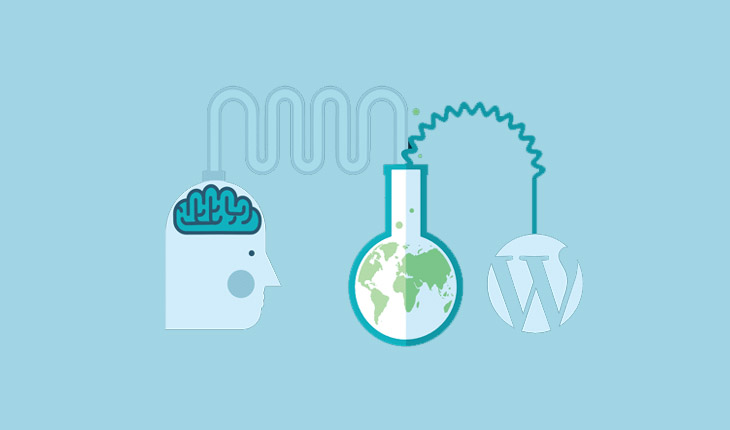Acquiring knowledge of WordPress serves as a key entry point to excelling in web development, boosting the features of blogs, and discovering a wide range of job prospects. This piece delves into the advantages of WordPress, emphasizing its simplicity, broad adaptability,
and active community that aids its users. By examining the process of learning WordPress, this article will lead you step-by-step through efficient methods and essential tools, detailing the effort needed to achieve mastery, whether you’re a novice or aiming to improve your abilities.
Why learn WordPress?
Before we get into the details, understand that acquiring WordPress skills unlocks a wide range of possibilities in the fields of web development, blogging, and professional advancement.
WordPress is a robust and flexible platform designed to meet a wide variety of web-related requirements.
What do I need to Learn WordPress?
Getting the hang of WordPress is straightforward if you’re ready to dedicate a couple of hours daily for a week. You’ll need to master some simple search techniques (like using search engines such as Google), and the skill to adhere to directions.
Contrary to popular belief, you don’t have to be familiar with HTML or other coding languages to create a website. It would be beneficial to learn these in the future, but they’re not essential for a beginner using WordPress.
Most people who use WordPress don’t have any coding or programming abilities, yet they’ve been doing so for years. Likewise, numerous successful WordPress developers began their journey much like yours, and have since transitioned to full-time web development careers.
Monday: Getting Started with WordPress
WordPress is a user-friendly platform for building websites. It offers a variety of themes and plugins for customization. This makes it easy to create a professional-looking site without needing advanced coding skills.
With its intuitive interface, beginners can quickly get started with creating and managing their website content.
WordPress also provides a range of tools and features to optimize websites for search engines, improve site speed, and enhance overall performance. Additionally, its robust community support and extensive documentation make it easy to troubleshoot issues and learn new skills.
Whether users are creating a personal blog, an e-commerce site, or a business website, WordPress offers flexibility and scalability to meet diverse needs.
One of the key advantages of WordPress is its scalability, allowing websites to grow alongside businesses as they expand and evolve. This flexibility enables users to start with a basic site and gradually add more advanced features and functionalities as their needs change.
With a wide array of plugins available for various purposes, users can easily enhance their website’s capabilities without the need for extensive technical expertise. This adaptability makes WordPress a versatile platform suitable for a wide range of website types and sizes. What is the Fastest Easier way to Learn WordPress?

